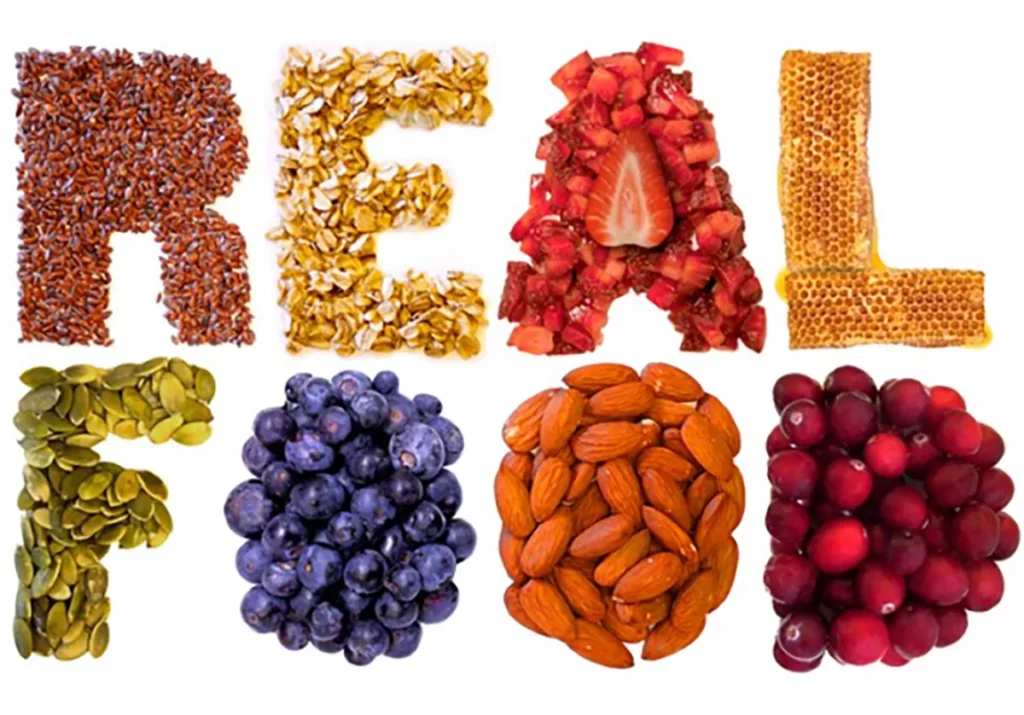When it comes to your digestive health, a well-functioning system is the key to our overall health and wellness. The digestive system breaks down the foods we eat into the nutrients our body needs. If we neglect our digestive health, the body could run into problems digesting foods and absorbing those nutrients.
Your digestive health is directly impacted by the foods you eat and the lifestyle you live. By taking steps to improve your digestive health, your digestive system will function more efficiently, improving your overall health and sense of wellbeing.
Let us start by looking at some common foods that cause irritation and inflammation of the digestive system. If you are having stomach problems and trouble with your digestive system, try avoiding these foods to see if it makes a difference.

- Gluten: wheat, rye, barley, and spelt, are difficult to break down and can be difficult to digest. In some people consumption of these can cause inflammation
- Caffeine: Beverages such as coffee, some types of black tea and carbonated drinks thin the digestive lining
- Dairy Products: In some people with lactose intolerance, milk, cheese, ice cream and sour cream create mucous and inflammation and interfere with proper absorption
- Alcohol: Consumption of excessive amounts of alcohol causes intestinal permeability allowing larger undigested food particles to enter the blood stream)
- Processed Meats: cold cuts, commercially raised animal products and farmed fish disrupt our gut flora, contributing to an overgrowth of undesirable bacteria
- Sweets: high fructose corn syrup, molasses, sugar, rice syrup, artificial sweetener and all forms of sugar (with the exception of naturally occurring sugars in fruits)
- Refined foods: white flour,polished white rice processed packaged foods, processed flour bread cookies and crackers. These are deficient in vitamins and minerals, they imbalance our blood sugar and feed our unfriendly gut bacteria
- Unstable oils: saturated fats and commercial fats (with the exception of olive oil, flax and hemp) and all heated polyunsaturated oils. They disrupt omega 3-6 balance which can lead to inflammation, impacting our gut lining
- Artificial colourings, flavourings and sweeteners damage our gut lining
We recommend these following top five tips to help you improve your digestive health.

1- Eat a high-fibre diet
A high-fibre diet helps to keep food moving through your digestive tract, making you less likely to be constipated. Consuming a diet that is high in fibre and rich in whole grains, vegetables, legumes, and fruits can improve your digestive health. A high-fibre diet can also help you prevent or treat various digestive conditions, such as diverticulosis, hemorrhoids, and irritable bowel syndrome. In addition, it can help you achieve or maintain a healthy weight.
2- Get insoluble and soluble fibre
It is important to consume both types of fibre, which each help your digestive system in different ways. Insoluble fiber, also known as roughage, can’t be digested by the body and therefore helps add bulk to the stools. Soluble fibre draws in water and can help prevent stools that are too watery. Good sources of insoluble fiber include wheat bran, vegetables, and whole grains. Get soluble fibre from oat bran, nuts, seeds, and legumes.
3- Incorporate probiotics into your diet
Probiotics are the healthy bacteria naturally present in your digestive tract. They help keep the body healthy by combating the effects of a poor diet, antibiotics, and stress. Probiotics can also enhance nutrient absorption, help break down lactose, strengthen your immune system, and possibly even help treat irritable bowel syndrome. Eat good sources of probiotics, such as low-fat yogurt or kefir, on a daily basis.
4- Eat on schedule
Eating your meals on a regular schedule can help keep your digestive system in top shape. Aim to sit down for breakfast, lunch, dinner, and snack time around the same time each day. Eating on schedule our biological clock gets adjusted to the particular time over a period of time.
5- Stay hydrated
Drinking plenty of water is good for your digestive health. Water in your digestive system helps dissolve fats and soluble fiber, allowing these substances to pass through more easily.
Eating is a sensory activity. In order to get the most of your meals, make these simple changes to your food habits and you will find that not only you enjoy your food more, but it also helps improve digestion
- Eat slowly, chewing your food thoroughly to help activate digestive enzymes
- Take your time and really enjoy the taste, texture, and aromas of the food
- Eat only when you are genuinely hungry and only eat to the feeling of “fullness”
- Have your largest meal in the middle of the day
- Have three main meals plus two healthy snacks each day
- Try to consume nothing after 9:00 pm
- Do not eat when you are angry, anxious or upset
- Avoid reading, watching TV or arguing while you are eating. Instead eat in peace and relaxation
- Do not drink liquids during meals, as they dilute stomach acids. Drink at the end of the meal instead.
- Dissolve a sachet of Nutriplus Fibrefit in a glass of water after each meal and drink it. It is a food source for the good bacteria in your gut and allows it to proliferate and boost the immune and digestive systems, absorb minerals and get rid of harmful fibres as well as other useless substances.








